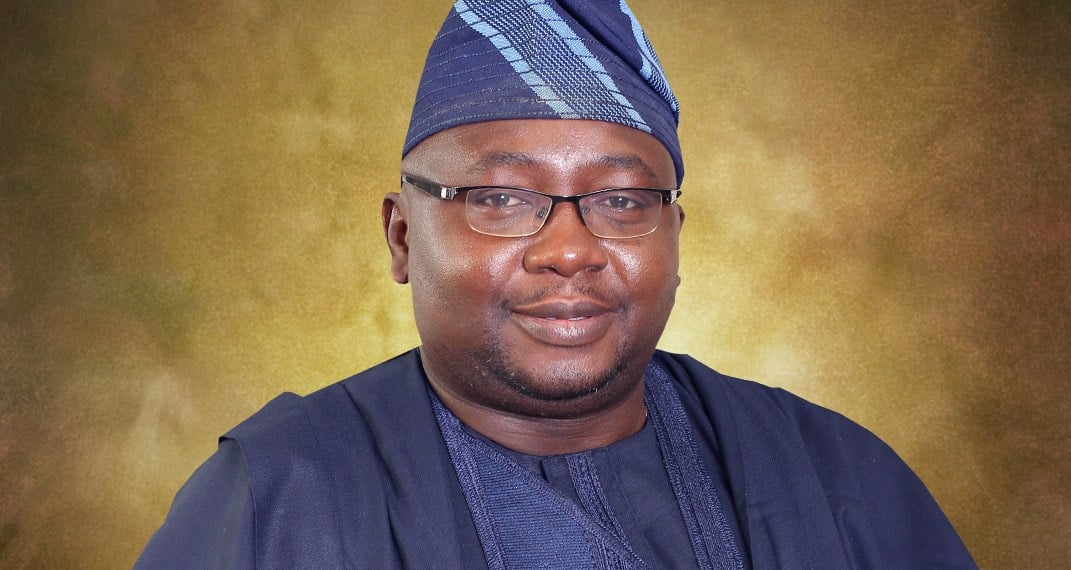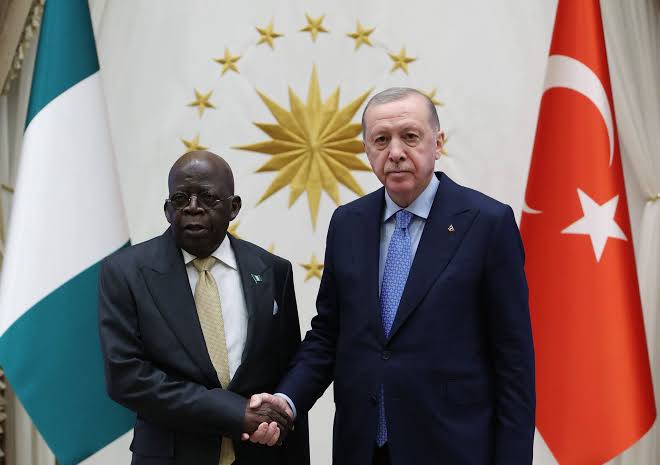The Minister of State for Petroleum Resources (Oil), Senator Heineken Lokpobiri, stated on Tuesday that the full deregulation of the downstream oil sector by President Bola Tinubu’s administration is already benefiting Nigerians.
Speaking in Abuja during a visit by the leadership of the Petroleum Products Retail Outlets Owners Association of Nigeria, Lokpobiri acknowledged that while the decision was difficult, the president demonstrated the courage to implement the sector’s liberalization.
The minister emphasized that Nigeria, as an oil-producing nation, cannot fully experience the benefits of deregulation without petrol retailers. He noted that about 90% of Nigerians rely on these retailers for fuel to generate their own energy.
Pledging to collaborate with PETROAN to enhance value for Nigerians, he highlighted the group’s role in serving customers beyond Nigeria, including Chad, Niger Republic, and Cameroon.
He said, “It was a very difficult decision to get the sector fully deregulated. It was something that no leader had the courage to do. But today, everybody can agree that we are getting the benefit of full deregulation.
“Before now, if we look at different parts of this country, products were either not available or the prices were very disproportionate. But with deregulation, the price is finding its level in different locations in the country. And it has also opened new vistas of opportunity for investments to come into this sector.
“We are looking forward to the day when all fuel stations will also have components for Compressed Natural Gas (CNG). Since we have adopted gas as our transition fuel, we believe that very soon the outlets will also have a component for CNG.
“And we believe that any support that could be needed from the government to be able to actualise that rapid expansion of distribution outlets for CNG is something that we’d be very glad to partner with you.”
Lokpobiri addressed key concerns raised by PETROAN, led by its President, Dr. Billy Gillis-Harry, and assured the group of close collaboration to resolve any issues.
Regarding the rumored plan to end the naira-for-crude oil swap initiative, he clarified that no such decision had been made. Instead, he explained that the government was refining the pilot scheme to maximize its benefits for Nigerians.
He said, “Government is not cancelling it. What was taken to council was a pilot scheme, where they said they should be selling crude in Naira to Dangote refinery. We’ve always encouraged people to buy crude in whatever currency.
“Even if you buy in Naira, it’s going to be at a prevailing exchange rate. And I do know that people have been buying crude to refine in their respective local refineries in Naira. The dispute has always been, what is the exchange rate, which government is not involved in.
“It is purely the private sector. If you are upstream and you have a modular refinery next to you and the man wants to buy crude, it’s between the two of you that would negotiate and agree on what price. And the person may decide to pay you either in dollars or in Naira. We’ve always done that. So it is not true that the scheme is cancelled.”
While presenting an award to the minister, PETROAN President Dr. Billy Gillis-Harry commended Lokpobiri’s leadership and dedication, noting that his efforts facilitated the production and loading of petroleum products at the Port Harcourt and Warri refineries.
He also praised the minister for eliminating bureaucratic bottlenecks in the licensing process, ensuring that Nigeria maximizes the value of its oil resources.
Gillis-Harry urged the inclusion of a PETROAN representative on the board of the Nigerian Midstream and Downstream Petroleum Regulatory Authority.
He also emphasized that while local refining offers significant benefits, the government should ensure a balanced supply by allowing both local production and fuel importation to thrive.
He said, “The benefits of the local refining of petroleum products are enormous. PETROAN supports the local refining of petroleum products and requests that local refineries be encouraged to continue sustained production of refined petroleum products.
“We advocate for multiplicity of petroleum products supply sources. Dangote Refinery is doing well and NNPC is also doing well and coming up. Other modular refineries, like Azikel Refinery in Bayelsa, are coming up and we are very happy about that development.
“And also importation of products should no longer be ruled out because we want to be able to compete favourably in a fully liberalised economy, where every source of petroleum products is allowed.
“So, we want to advocate that refineries should work and importation also should be considered as one of our sources of getting products.
“This will drive healthy competition and guarantee that our domestic prices will not be above import parity, thereby ensuring the best possible affordable products. So, we in PETROAN believe in fair competition.”









